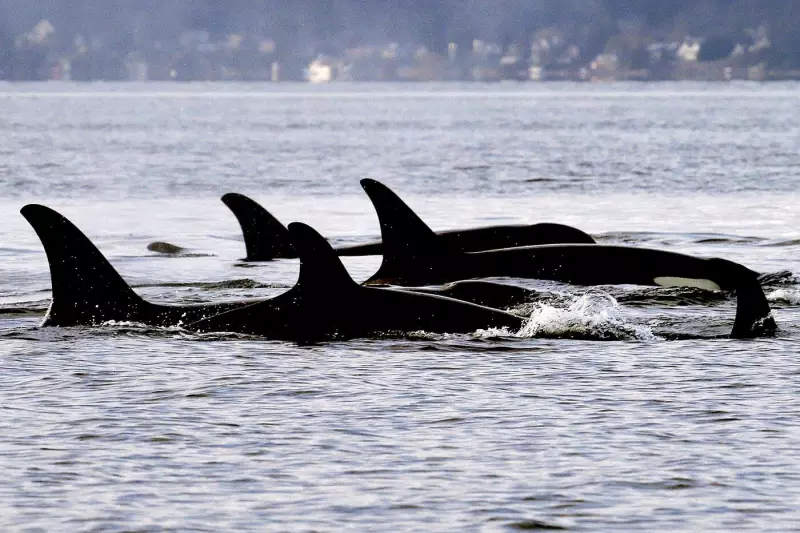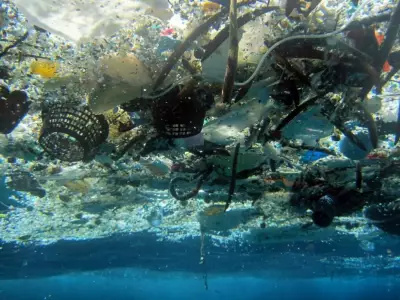
In a remarkable display of marine predation, new aerial footage has captured killer whales engaging in sophisticated hunting behavior against great white sharks off the coast of South Africa. The stunning drone video reveals orcas specifically targeting the nutrient-rich livers of young great white sharks, demonstrating a level of hunting precision that has astonished marine researchers.
The Hunt Unfolds
The footage, captured by researchers and documentary filmmakers, shows two killer whales working in tandem to isolate a young great white shark. The orcas employ strategic maneuvers to disorient their prey before delivering precise attacks. What makes this behavior particularly remarkable is the surgical precision with which the predators extract only the liver, leaving the rest of the shark carcass intact.
Nutritional Strategy Revealed
Marine biologists believe this selective feeding behavior represents an evolved nutritional strategy. Shark livers are exceptionally rich in squalene and other valuable nutrients, making them prime targets for the calorie-conscious predators. The orcas' ability to consistently extract this specific organ demonstrates an advanced understanding of shark anatomy and hunting efficiency.
Ecological Implications
This predatory behavior has significant implications for marine ecosystems. Researchers have observed changes in great white shark distribution patterns in areas where orca predation occurs. The presence of killer whales appears to be causing white sharks to avoid certain hunting grounds, potentially disrupting traditional marine food webs and creating ripple effects throughout the ecosystem.
Research Breakthrough
The drone footage provides unprecedented insight into predator-prey dynamics that were previously only theorized. Scientists now have visual confirmation of hunting techniques that explain why researchers have been finding great white shark carcasses with only their livers removed. This evidence helps solve a long-standing mystery in marine biology while opening new questions about orca intelligence and cultural transmission of hunting behaviors.
The documentation of these events represents a significant advancement in our understanding of apex predator interactions and the complex nutritional strategies that drive marine hunting behaviors.





